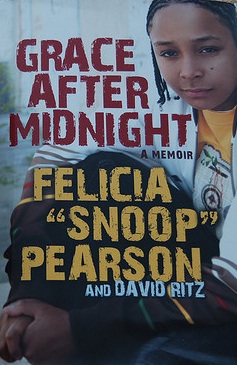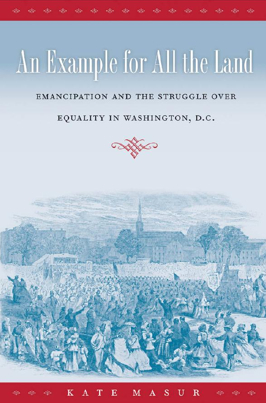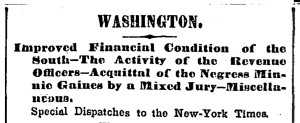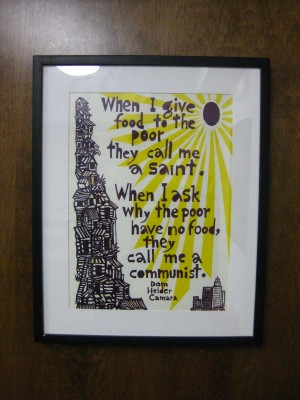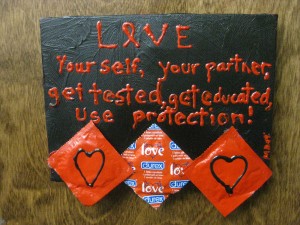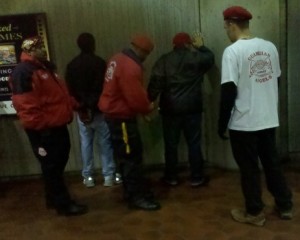
Twitpic: @dcguardianangel
Guardian Angels handcuffing five assailants who attacked one of their members on an Anacostia-bound train, Saturday night.
Earlier today, I storified tweets about the Guardian Angels voluntarily patrolling D.C.’s Metro system. This weekend, one Angel on an Anacostia-bound train tried to break up a fight between a black youth and a white woman; that man was violently assaulted by five people (including the youth from the original altercation) for trying to intervene. Other nearby Angels rushed to the train and detained all five assailants until police could arrive and arrest them. That’s the bare outline of what went down. But there’s more:
Alex Kaufer, an Angel in training, stepped in when a black male youth allegedly assaulted a white woman on a train as it pulled into the Anacostia Station on the Green Line about 11 p.m. Saturday. The youth and his friends apparently were making racial comments to the woman and her friend.
“The youths were harassing the girls. They were making fun of them because they were white and because of the way they were dressed,” John Ayala, East Coast director of the Guardian Angels, tells WTOP. “The girl got up and told the youths, ‘We are not afraid of you.’”
That’s when the fight started…



